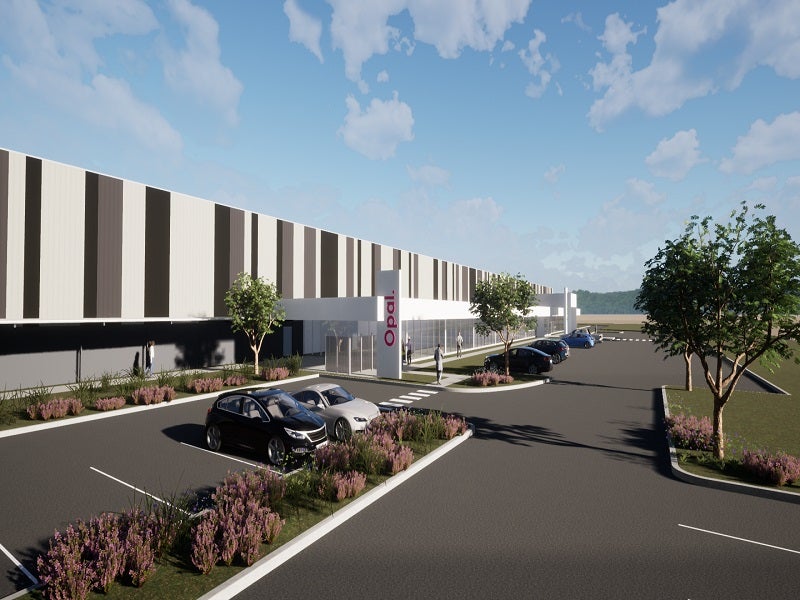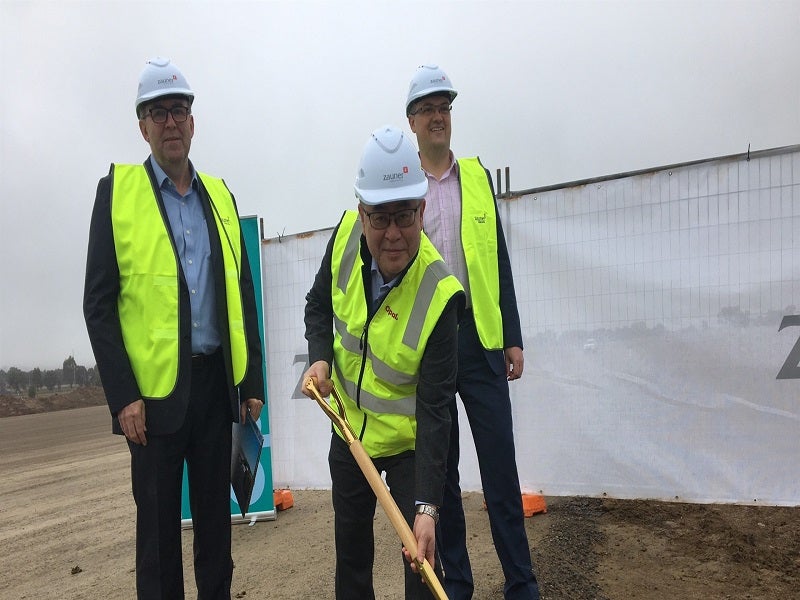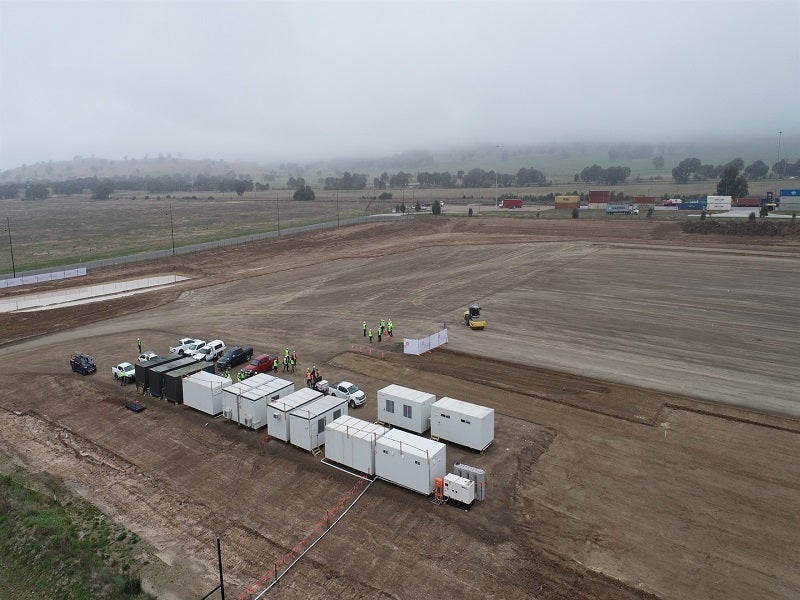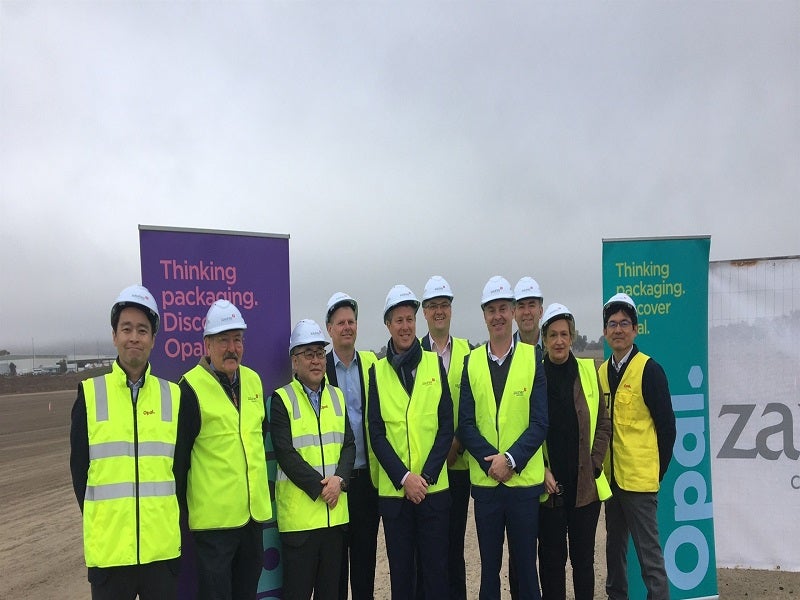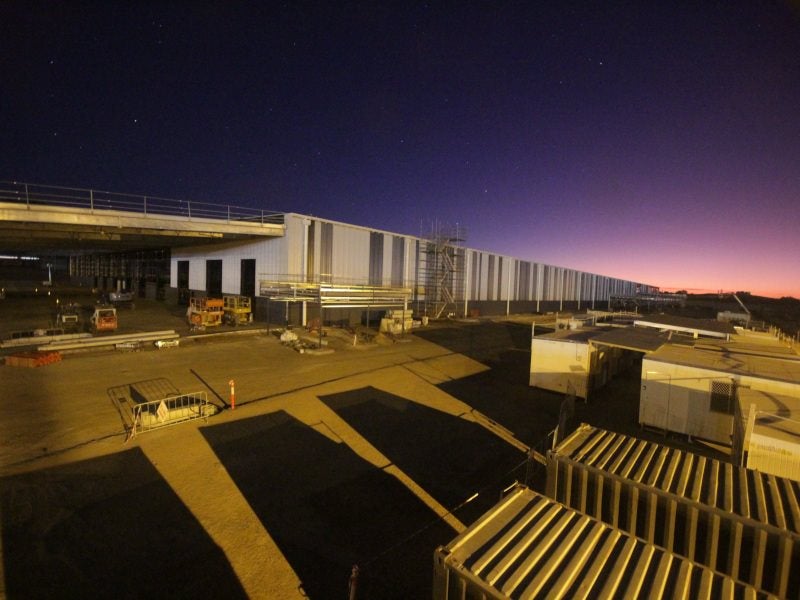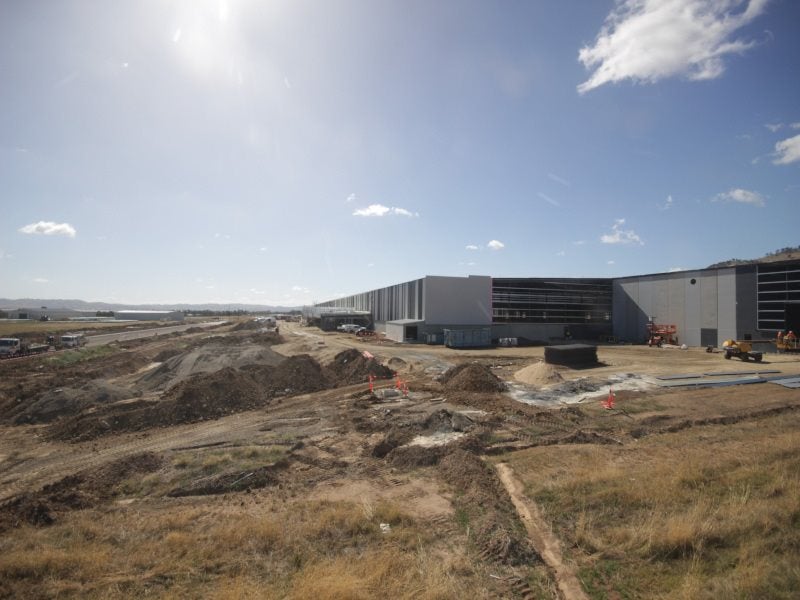Opal, a paper and fibre packaging manufacturing company based in Australia, opened a high-speed regional cardboard packaging manufacturing facility in Barnawartha, Victoria, Australia.
The facility supports Opal’s circular economy strategy by locally producing fibre packaging that is both recycled and recyclable.
Being built in two stages, the first stage of the facility was officially opened in November 2023. It created around 195 jobs in Victoria during its initial construction phase and 432 direct and indirect jobs after completion.
Constructed with an investment of more than A$140m ($89.9m), the manufacturing facility enables the company to meet increasing customer demands and serve growing markets. The state government of Victoria also supported the development of the facility.
Stage two development will increase the facility’s supply capacity to meet growing demand using emerging technologies.
The plant can manufacture up to 720,000m² (7.7 million square feet) of packaging board per day, which is equivalent to approximately 400t of completed corrugated boxes.
Location of Opal’s cardboard manufacturing facility
The manufacturing facility is located at the Logic Wodonga industrial estate in Barnawartha. The estate lies between Sydney and Melbourne on the Hume Freeway, a premium freight corridor in Australia.
The project benefits from the industrial estate’s existing infrastructure, services and skilled regional workforce.
Opal’s manufacturing facility details
The state-of-the-art facility is built on a total area of 55,000m², which includes a highly automated and sophisticated 47,000m² manufacturing site.
Equipped with advanced equipment, the facility employs kraft and recycled paper sourced from Opal’s Maryvale Mill in the Latrobe Valley and Botany Mill in Sydney to
manufacture high-quality, sustainable corrugated cardboard packaging, serving various sectors including fresh produce, food processing, fast-moving consumer goods, and manufacturing industries in Australia.
Sustainability features
The site’s design prioritises sustainability, incorporating water harvesting and solar power utilisation across its 41,000m² roof area.
The site also incorporates a condensate recovery system to recycle steam used in manufacturing, reducing its dependence on natural gas.
Opal’s paper and packaging products
Opal offers innovative packaging solutions, paper and board products, as well as office and home products. It offers a range of corrugated boxes, solid board folding cartons, bags and sacks, in addition to other sustainable packaging solutions.
Opal supplies recycled containerboard, packaging papers and boards, coatings and laminations, and printing and inkjet paper under its paper and board category.
It is the only Australian manufacturer of copy paper that includes the Reflex brand. It also produces envelopes, stationery, and playing cards under its Olympic, Tudor and Queen’s Slipper brands.
Marketing commentary on Opal
Opal, a part of the Nippon Paper Group, operates in both Australia and New Zealand.
The company has more than 80 operating sites, exports to over 70 countries, and employs more than 4,000 people globally.
The Maryvale mill manufactures 600,000tpa of paper and boards. It also operates a brown waste plant that processes approximately 20,000tpa of used cardboard.
The state-of-the-art recycling and manufacturing facility in Botany, New South Wales, converts more than 450,000tpa of used cardboard into 100% recycled brown packaging paper.
The Maryvale and Botany operations recycle approximately 530,000tpa of used cardboard and wastepaper, diverting waste from Australian landfills and supporting the circular economy.
The company also operates several packaging divisions, including Opal Converting Group, Opal Fibre Packaging, Opal Kiwi Packaging, and Opal Specialty Packaging.
Opal holds Forest Stewardship Council certification and Programme for the Endorsement of Forest Certification through the non-profit Responsible Wood. The certifications indicate the company’s responsible forestry practices, as well as a transparent and traceable fibre supply chain.

